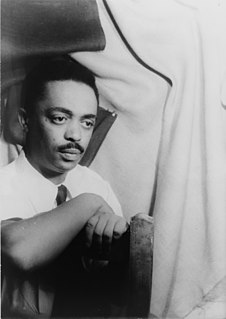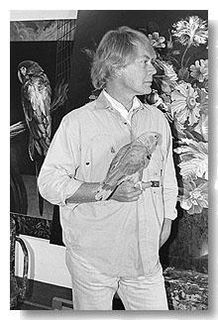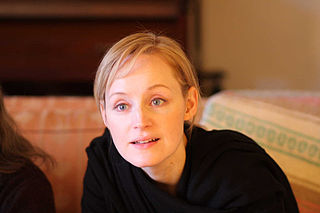A Quote by Peter Abrahams
The familiar mood that awaits the sensitive young who are poor and dispossessed is a mood of sharp and painful inferiority, of violently angry tensions, of desperate and overwhelming longings.
Related Quotes
My idea of a perfect surrealist painting is one in which every detail is perfectly realistic, yet filled with a surrealistic, dreamlike mood. And the viewer himself can't understand why that mood exists, because there are no dripping watches or grotesque shapes as reference points. That is what I'm after: that mood which is apart from everyday life, the type of mood that one experiences at very special moments.
Freedom is only to be found where there is burden to be shouldered. In creative achievements this burden always represents an imperative and a need that weighs heavily upon man’s mood, so that he comes to be in a mood of melancholy. All creative action resides in a mood of melancholy, whether we are clearly aware of the fact or not, whether we speak at length about it or not. All creative action resides in a mood of melancholy, but this is not to say that everyone in a melancholy mood is creative.
My mood has changed now. And the sun has gone behind the clouds. I'm in this mood I feel occasionally... this mood where there's a very good friend nearby who I should be phoning. If only I could reach that friend and talk, then everything would be just fine. The dilemma is, of course, I just don't know who that friend is. But in my heart I know my mood is merely me feeling disconnected from my true inner self.
If I waited to be in the mood to write, I'd barely have a chapbook of material to my name. Who would ever be in the mood to write? Do marathon runners get in the mood to run? Do teachers wake up with the urge to lecture? I don't know, but I doubt it. My guess is that it's the very act that is generative. The doing of the thing that makes possible the desire for it.







































